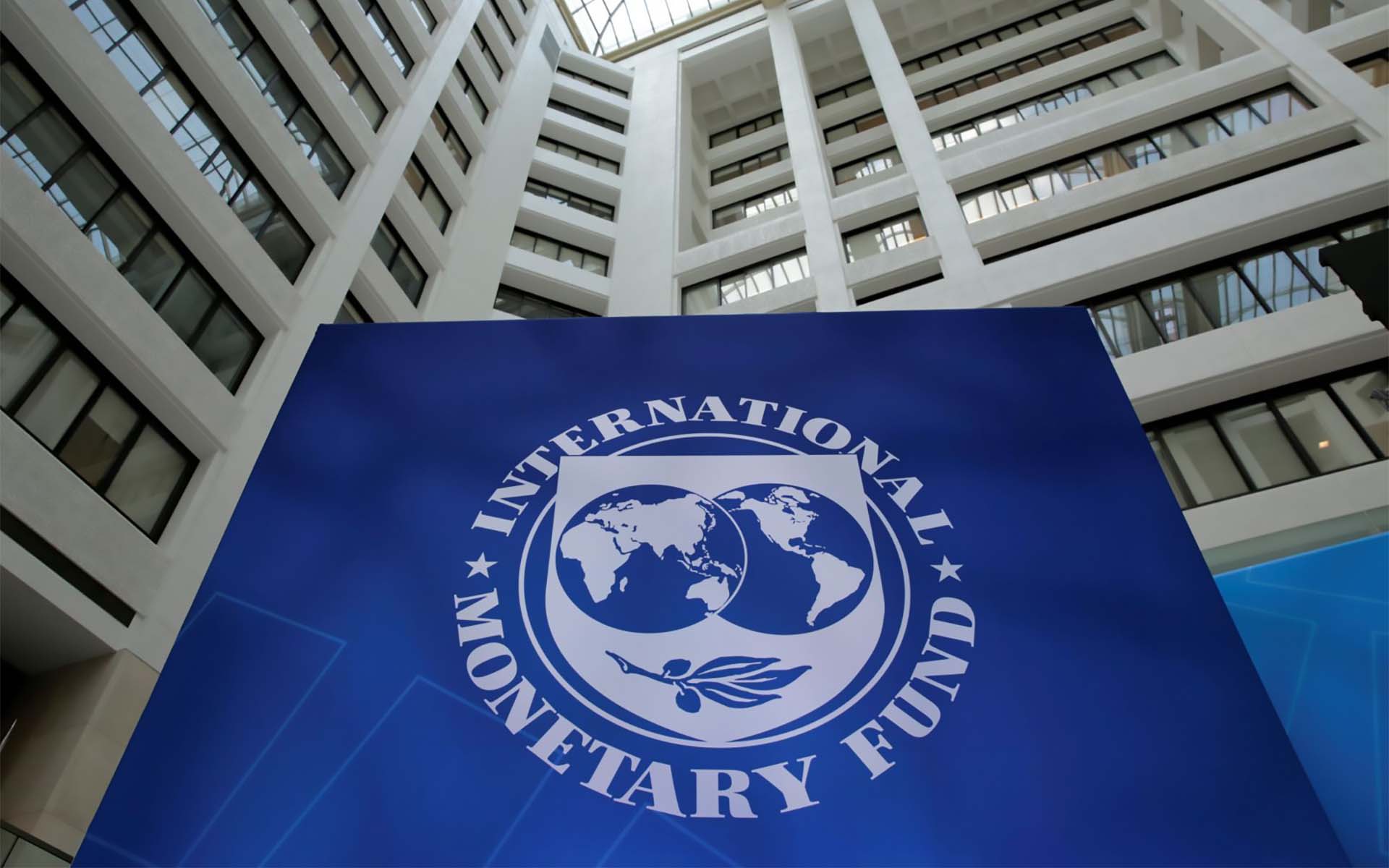
African nations with little or no IMF debt offer a powerful illustration of sound fiscal management and effective economic planning.
These countries focus investments in areas essential to long-term growth and development, avoiding many of the problems that come with excessive borrowing.
More budgetary freedom is enjoyed by nations with lower IMF debt loads. Instead of utilizing a sizable chunk of national budgets to pay off debt, th direct funds toward infrastructure, healthcare, and education.
Moreover, these nations are less likely to be subject to the strict requirements that are frequently attached to IMF loans, including structural adjustment plans (SAPs) that call for austerity measures.
Without these limitations, governments may concentrate on implementing policies that are unique to their developmental objectives, increasing economic resilience and lowering poverty rates.
African countries with low IMF debt serve as examples of how varied revenue sources, intelligent resource management, and sustainable economic policies may lead to growth.
Their capacity to depend less on outside funding makes them less vulnerable to shocks to the world economy and strengthens home economies.
With that said, here are the ten African countries demonstrating their dedication to fiscal restraint and economic autonomy by having the lowest total amount of IMF financing outstanding in Q4 of 2024.
| Rank | Country | Total IMF Credit Outstanding as of 11/26/2024 |
|---|---|---|
|
1. |
Lesotho |
11,660,000 |
|
2. |
Comoros |
18,107,050 |
|
3. |
Sao Tome & Principe |
24,018,294 |
|
4. |
Djibouti |
31,800,000 |
|
5. |
Eswatini |
39,250,000 |
|
6. |
Guinea-Bissau |
48,565,400 |
|
7. |
Cabo Verde |
64,984,000 |
|
8. |
Equatorial Guinea |
74,096,417 |
|
9. |
Somalia |
79,500,000 |
|
10. |
Seychelles |
94,289,500 |










